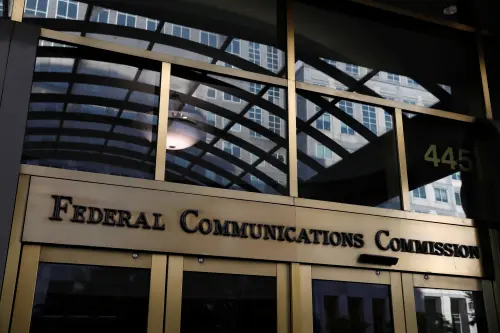Public interest groups have appealed to the full 6th U.S. Circuit Court of Appeals to reconsider a ruling declaring that the Federal Communications Commission did not have the legal authority to restore significant net neutrality regulations.
The FCC, during the administration of President Joe Biden, had attempted to reinstate the open internet rules from 2015 that were previously revoked by the agency under former President Donald Trump.
Among those advocating for the reconsideration are organizations like Free Press, Public Knowledge, Open Technology Institute, and the Benton Institute for Broadband & Society. They argue that the court's decision clashes with a previous ruling from another court regarding the FCC's ongoing efforts to prevent broadband providers from abusing their gatekeeping power.
Net neutrality rules mandate that internet service providers treat all data and users equally without imposing restrictions on access, speed, or content. The rules also prohibit preferential treatment for certain users in terms of network speed or access.
While the decision maintains state-level neutrality regulations, it may signal the end of two decades of federal regulatory oversight over the internet. The FCC's bid to regain regulatory authority over broadband internet and reinstate open internet regulations has been met with legal challenges from industry groups, resulting in a temporary halt to the rules.
The proposed rules would equip the FCC with new enforcement mechanisms to address internet service disruptions and monitor outages.
In support of the FCC's net neutrality rules, companies including Amazon.com, Apple, Alphabet, and Meta Platforms have sided with the regulations. Conversely, USTelecom, an industry association representing members such as AT&T and Verizon, criticized the reinstatement of net neutrality as "entirely counterproductive, unnecessary, and an anti-consumer regulatory distraction."
